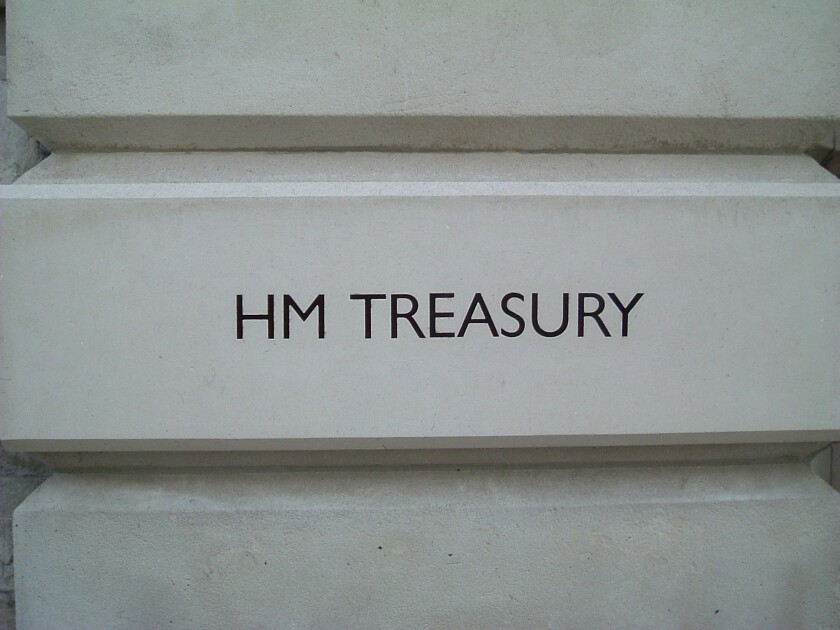The UK revenue service has sent letters to 2,000 businesses in response to fraudulent and mistaken claims to the research and development tax relief schemes, it has emerged.
In letters sent in January, HM Revenue and Customs (HMRC) warned companies that they may face formal tax enquiries and rejected claims if their returns are found to be inaccurate for whatever reason.
Taxpayers should check their relief claims, identify any inaccuracies and make amendments as soon as possible, according to the revenue service.
The HMRC letters told companies: “We’ve seen an increase in fraudulent claims for R&D tax relief. We also believe companies in your sector are being deliberately targeted by third parties to make inaccurate R&D claims as an amendment to their company tax returns.
“As company director, it’s important you submit accurate claims for the correct amount of tax relief,” the letters added. “If we check a claim and find it’s incorrect, your company might be asked to pay back the full amount.”
Carrie Rutland, partner at advisory firm BDO’s innovations and technology team in the UK, said she expects HMRC to keep issuing these nudge letters and that the window of opportunity to address past claims could be closing.
“It’s important for all businesses to review their past R&D claims to make sure there are no potential skeletons in the company closet,” said Rutland.
“It’s always better to make a voluntary disclosure for errors before you are nudged by HMRC, as this should be treated as an ‘unprompted’ disclosure which carries a much lower penalty – if any,” she added.
In its annual report from December 2022, HMRC estimated that £469 million ($570 million) was lost through fraud and error in its two R&D schemes in tax year 2021-22. This was the equivalent of 4.9% of corporate tax R&D relief.
The UK government has responded by increasing resources for HMRC to boost compliance. For example, the revenue service has doubled the size of its specialist R&D team focused on compliance among SMEs.
HMRC sent out the ‘nudge’ letters on the weeks of January 23 and January 30 with the aim of raising awareness of the problem.
The UK government is holding a consultation on merging the R&D tax relief schemes into one simplified programme. Businesses have until March 13 to comment.











